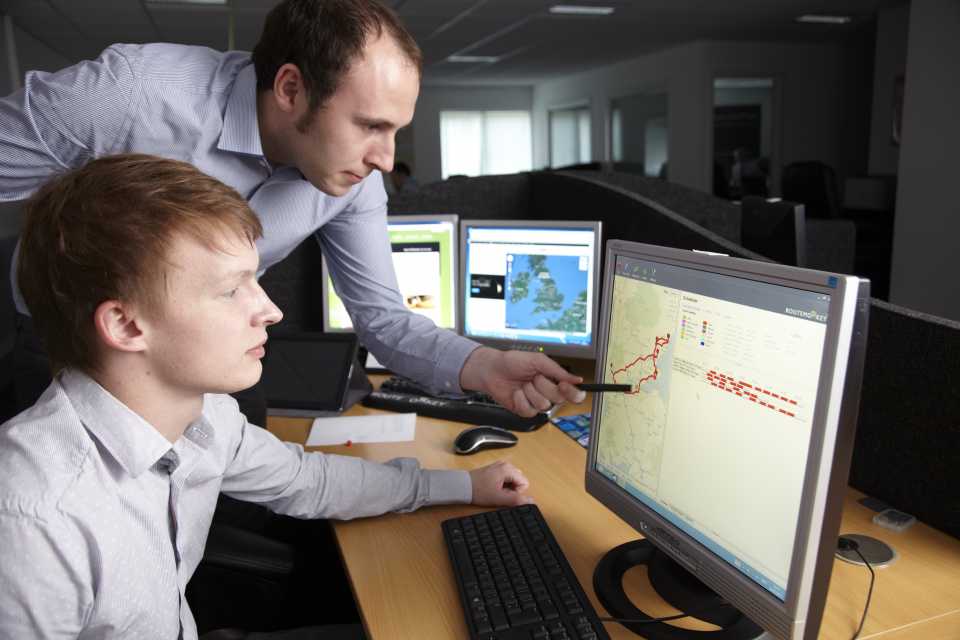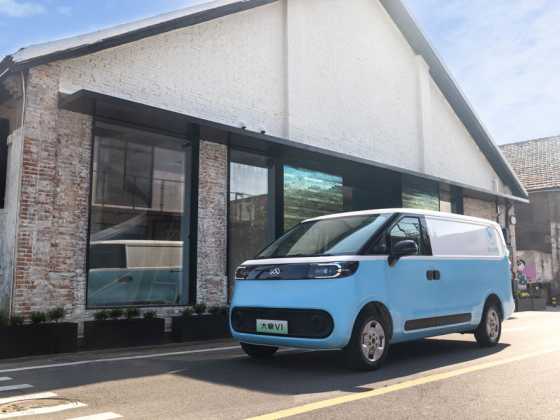Research project to tackle empty truck journeys

A new collaborative research project focused on tackling the inefficiencies of empty and partially laden trucks has started.
UK Government statistics released in October indicate that over 30 per cent of all truck journeys are made when trucks are empty.
FreightShare Lab (FSL) aims to demonstrate how strategic data and asset sharing between multiple road/rail carriers and shippers can reduce empty running and under-utilisation of freight vehicles.
The 30-month project aims to provide real-world validation of a feasibility study conducted by World Business Council for Sustainable Development (WBCSD) in 2016, called the Road Freight Lab.
The WBCSD study estimated that asset sharing could deliver a 20 per cent reduction in fleet CO₂ emissions from road freight transport.
FSL consortium partners Route Monkey, Transport Systems Catapult, Heriot Watt and DVV Media will develop an open data software platform for the optimisation and co-ordination of shared assets. The platform will act as a strategic planning tool; integrating job and vehicle data from shippers, fleets and carriers.
Through modelling and consultation, the project will tackle the technical and commercial complexities associated with multiple organisations seeking operational excellence whilst retaining competitive advantage. It will also undertake a live demonstration of data and asset sharing.
“Unlocking the spare capacity inherent within the logistics sector will deliver substantial efficiency savings to commercial vehicle users, shippers and the British economy,” explains Colin Ferguson, Managing Director of Fleet and Optimisation for Trakm8, which owns Route Monkey.
“Through the application of advanced optimisation algorithms, FreightShareLab will allow freight companies to collaborate and share their spare vehicle capacity. We have a number of logistics companies on board to work with the consortium, is a very exciting project with enormous potential both in the UK and the rest of the world.”
The project is co-funded by Innovate UK.



